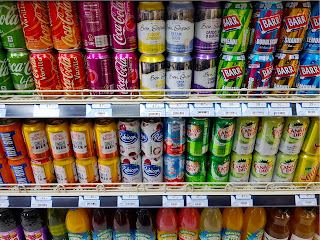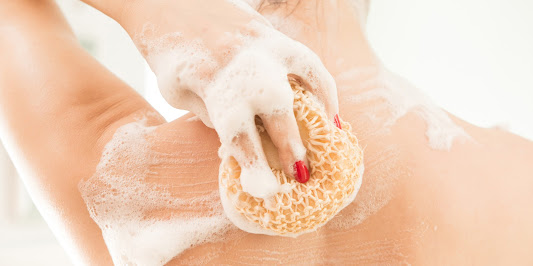Diethyl Phthalate (DEP)- the harmless one in the phthalate family?
Do you have a plastic shower curtain, plastic toothbrush, own some nail polish or have anything that contains fragrance? there's a high chance you have already been in contact with diethyl phthalate (DEP) multiple times today.
DEP is a part of the phthalate family of chemicals which can be found everywhere and in almost everything that is plastic. Their versatility and the fact that they make plastic more flexible has made them ideal for anything from children toys to the polyvinyl chloride used for pipes, as well as cables/wire coverings. Most phthalates are also used in a lot of cosmetics like nail polish, hair spray, and perfumes [1].
However, studies began revealing that some of them were highly toxic and could cause a change in the testosterone levels in men. It was found that these effects could be seen as early as the developmental stage of male fetuses in pregnant women who were exposed to phthalates. This is because most phthalates can work as estrogen-mimicking molecules - which means they can behave the same way estrogen would in the body [2].
This discovery led to most countries banning the most dangerous phthalates like dibutyl phthalate (DBP), dimethyl phthalate (DMP) and Bis(2-Ethylhexyl) phthalate (DEHP) from children toys and products, and some cosmetics. Health Canada has restricted the use of six phthalates in children toys and articles; However, these restriction don't include food packaging, cleaning products, cosmetics, paints, and other products in which those phthalates are still allowed [3].
Despite all of this DEP continues to be used and is allowed in most countries after multiple risk assessment studies have shown it is not as toxic as other phthalates. This does not mean that it doesn't pose a health risk, but rather that they consider the risk is low enough that DEP does not pose as significant of a concern as the other phthalates. In this case its benefits outweigh the concerns associated with it. Therefore it is more than likely that you will continue to encounter DEP in your cosmetics and everyday items for the foreseeable future.
[1] Diethyl phthalate. https://pubchem.ncbi.nlm.nih.gov/compound/Diethyl-phthalate#section=Solubility (accessed Feb 8, 2021).
[2] The Dirty Dozen: Dibutyl Phthalate. https://davidsuzuki.org/queen-of-green/dirty-dozen-dibutyl-phthalate/ (accessed Feb 10, 2021).
[3] Canada, H. Government of Canada. https://www.canada.ca/en/health-canada/services/chemicals-product-safety/phthalates.html#a3 (accessed Feb 9, 2021).




Comments
Post a Comment